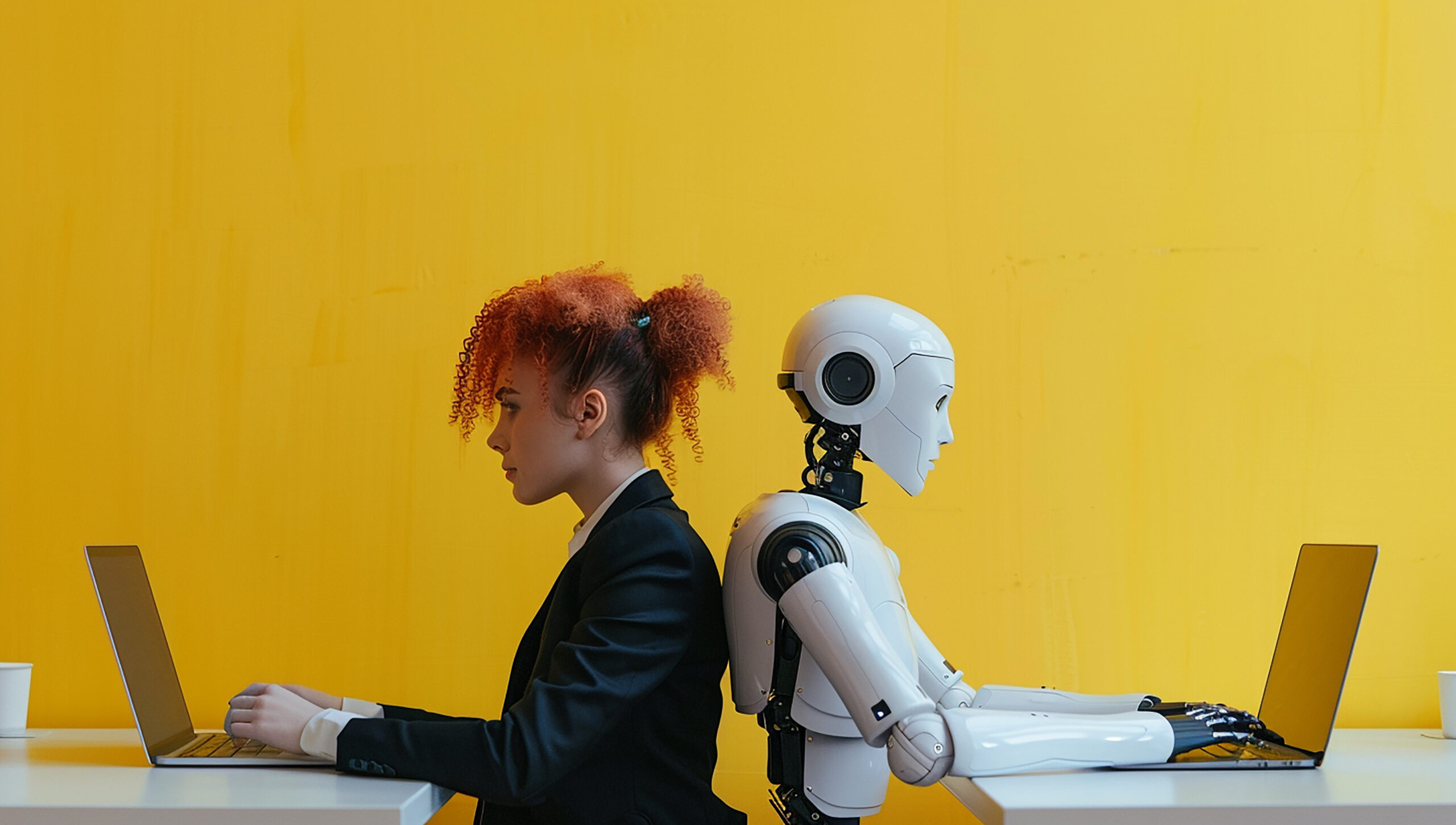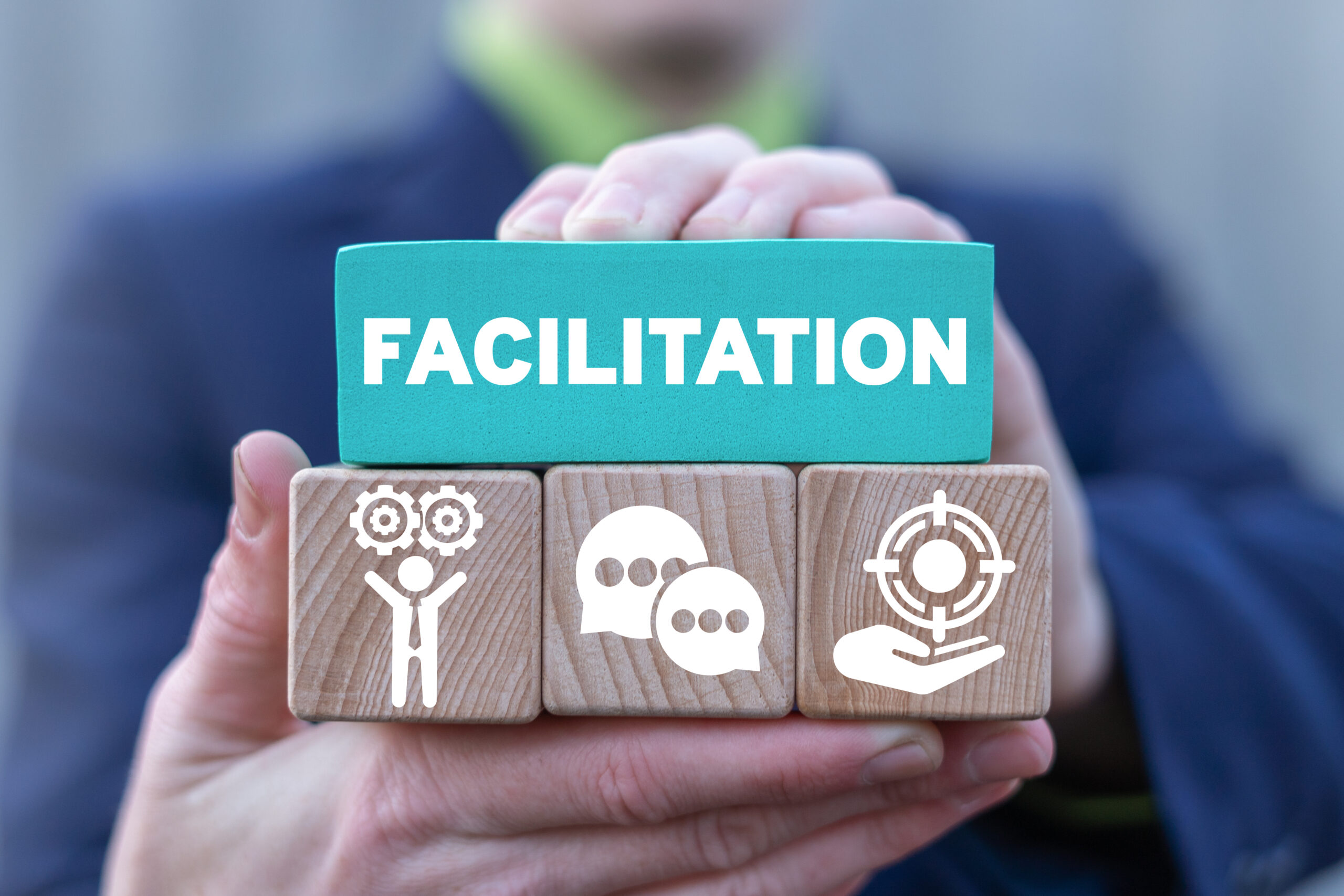Just started on your L&D career but worried the robots are coming for your job? Relax! You don’t need to outsmart the tech, just out-human it. Paula Fryer reveals how to future-proof your career with a few smart shifts, some people-first skills and a mindset that’s more curious than cautious
AI isn’t replacing you. At least, not yet. But with the speed at which artificial intelligence is advancing, it’s understandable to feel uneasy. According to Resume Builder, 37% of companies using AI had already replaced some workers by the end of 2023.
The reality? Companies are leaning on AI to handle repetitive, process-driven tasks and, in some cases, entire roles. But while automation is gaining ground, there’s still a clear boundary between what machines can do and what humans bring to the table.
The people who stand out in this new era are the ones who can build relationships, think strategically, and bring creativity and empathy to the table
AI is great at pattern recognition, data processing and automating routine work. But it’s not great at leadership, strategic thinking, emotional nuance or creative problem-solving. Those are still very human skills, and they’re becoming even more valuable as work continues to evolve.
If you’re wondering how AI might affect your career, start by asking: is AI likely to replace, reshape or enhance my role? Understanding where your job sits on that spectrum is the first step toward future-proofing it.
The skills that still matter most
The most powerful asset you have right now? The stuff AI can’t replicate. Things like communication, adaptability, emotional intelligence and judgment.
Even the most advanced tools still rely on outdated data, struggle with nuance and often generate errors or biased responses. AI can summarise an article. But it can’t persuade a room, navigate a sensitive conversation or build trust with a team.
Companies will always need people who can think critically, ask the right questions and solve problems with context. Those aren’t ‘nice to have’, they’re career insurance.
If you want to stand out, lean into those strengths. Point to real-world experience. Share how you’ve adapted in past roles. And don’t underestimate the power of showing your emotional intelligence, especially when AI can’t.
Work with AI, not against it
You don’t have to become an AI expert to make it work for you. But you do need to get familiar with the basics.
In 2025, AI literacy is quickly becoming a standard expectation, just like knowing how to use email or Slack. That means understanding how tools work, where they can save you time and where they fall short.
Experiment with platforms to find what fits your workflow. Try them out for research, task management, scheduling or brainstorming. Most are free, and many are surprisingly intuitive. Once you’ve got the hang of them, AI can help you clear repetitive tasks and focus on the work that really needs your brain.
Keep learning (and then keep learning some more)
Technology is evolving fast, and standing still isn’t an option. The best way to stay ahead is to keep your skills sharp and your mindset open.
Upskilling doesn’t have to mean going back to school. Look for short courses, certifications or on-the-job learning opportunities that make sense for your goals. Whether it’s brushing up on AI tools, strengthening your communication skills or learning to manage change, the people who keep learning are the ones who keep rising.
What it takes to stay relevant
AI is shifting how we work, but it hasn’t changed what makes someone a valuable teammate, contributor or leader.
The people who stand out in this new era are the ones who can build relationships, think strategically, and bring creativity and empathy to the table. That’s not something a tool can do. And it’s not something that’s likely to change any time soon.
You don’t have to compete with AI. You just have to be human and keep learning how to show that in your work.
Paula Fryer is Senior Director of SLO Partners




